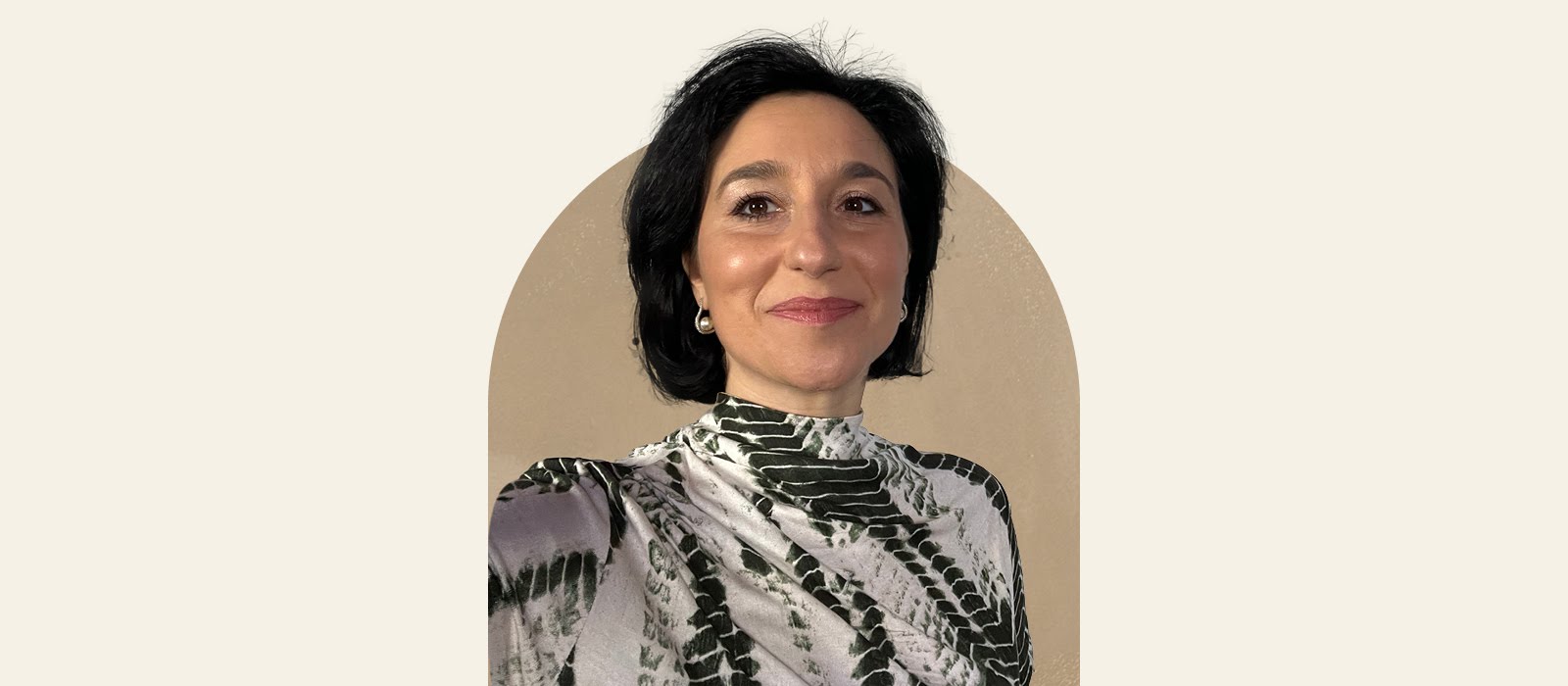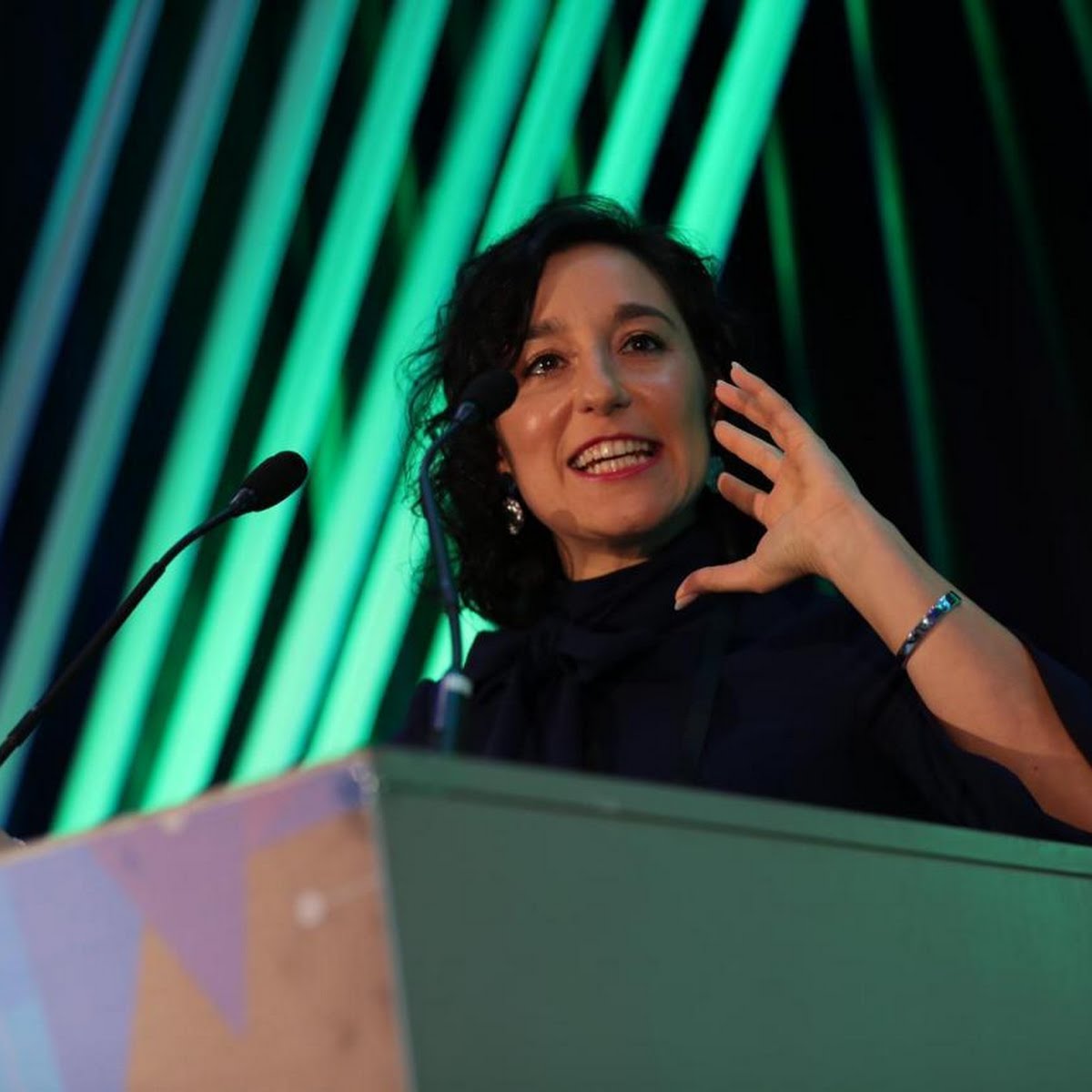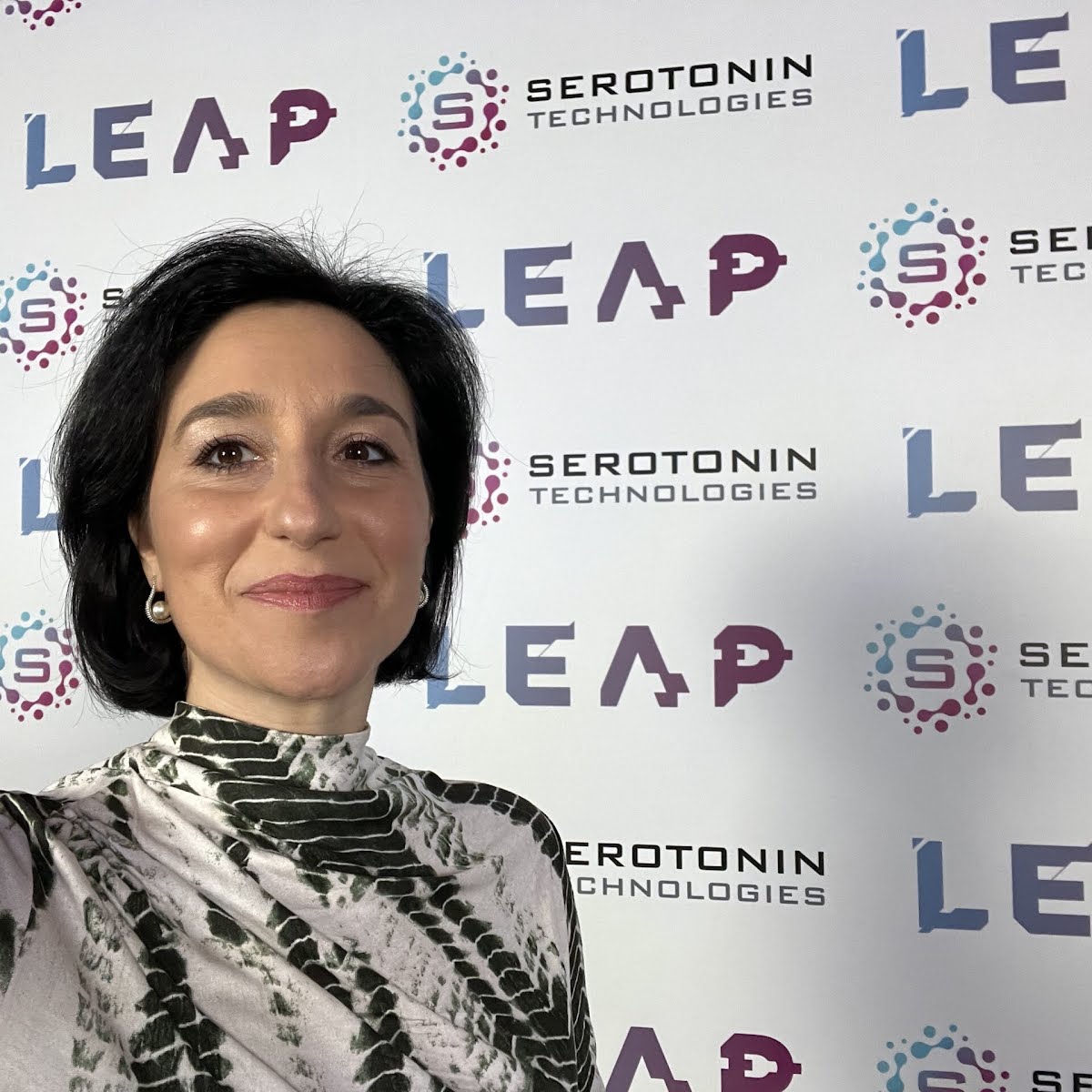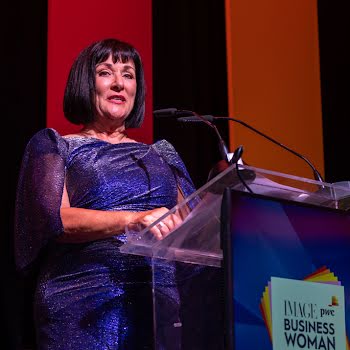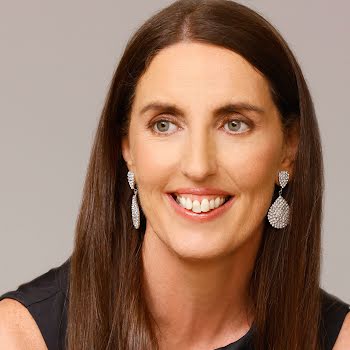‘In AI, diversity is not just an option, it’s a necessity’


From academia to industry, Alessandra Sala brings her commitment to progressive thinking around the ethical standards required in the use of AI to her work with Shutterstock, global UN agencies and Irish teaching programmes.
Originally from Amalfi, Alessandra Sala’s go-to replenishing activity is a cultural shout-out to her Italian heritage – cooking. “Sharing meals is such a way to recharge,” she laughs as she acknowledges that with her diverse professional projects recharging is important. Alessandra is Shutterstock’s Senior Director of AI and Data Science, a role that allows her to bring the many international discussions in which she partakes to her leadership position in the organisation.
She joined Shutterstock after spending meaningful time with Nokia’s Bell Labs following her PhD and time in Berkeley, California, moving from a research role on what was then called “big data” to Team Lead and onwards Global Head of Analytics Research. “I had people in my path who recognised something different and gave me opportunities,” she says. “Then Bell was consolidating to have fewer labs globally, but for me, it was important to stay in Dublin at the time,” she explains. “I was already leading Women in AI as an ambassador; I was working with the government and with a research organisation and it felt like the wrong moment to leave the country because I was so invested in the programmes I was involved in. So Shutterstock came at the perfect moment.”
Her work with the stock photography, footage and illustration organisation was professionally fulfilling from the start. “The journey was unchartered and they gave me the possibility to bring in all the international discussion I’m tapped into and translate into a practical, a practical ethical framework,” she says.
“We launched shutterstock.ai as a new brand and bought three start-ups. We are one of the first companies that laid out a way of building and bringing generative AI to our customers by paying contributor artists, not using scraped content but only licensed content, investing in underrepresented artists and underrepresented content.” This was about 18 months ago and Adobe have since done the same thing and Getty followed suit earlier this year. “Competitors actually joining a movement to bring this technology to the customer in a safe way and trying to implement ethical principles” is something Alessandra is justifiably proud of.
Being involved in global conversations is important to her and something she continues through her work with three UN agencies, Women in AI (a nonprofit do-tank working towards gender-inclusive AI that benefits global society) and ML Labs. “AI requires global conversations. It is especially important when it comes to ethical frameworks to protect vulnerable groups – these matters need to be addressed in a practical manner.”
She cites the focus on misinformation related to, for example, Donald Trump and Joe Biden. “They have the means to fight misinformation and deep fakes – they have a team to tackle it. [In contrast,] think of a less well-off mom or employee x in a company that is attacked or is exposed through generated content that can infringe the identity of that person or the reputation of that person. That is a much more serious issue, because that person may not have the means, the connection, the emotional strength to fight such an infringement… which is detrimental to society.”
Her work on these projects, outside her “day job”, enables her to be involved in the discussion and decisions on how to “implement this technology in an ethical way in respect of human rights and human freedom, and where to flag possible risk, mainly towards those minority groups that are awfully under-represented and under-supported in those international discussions.”











